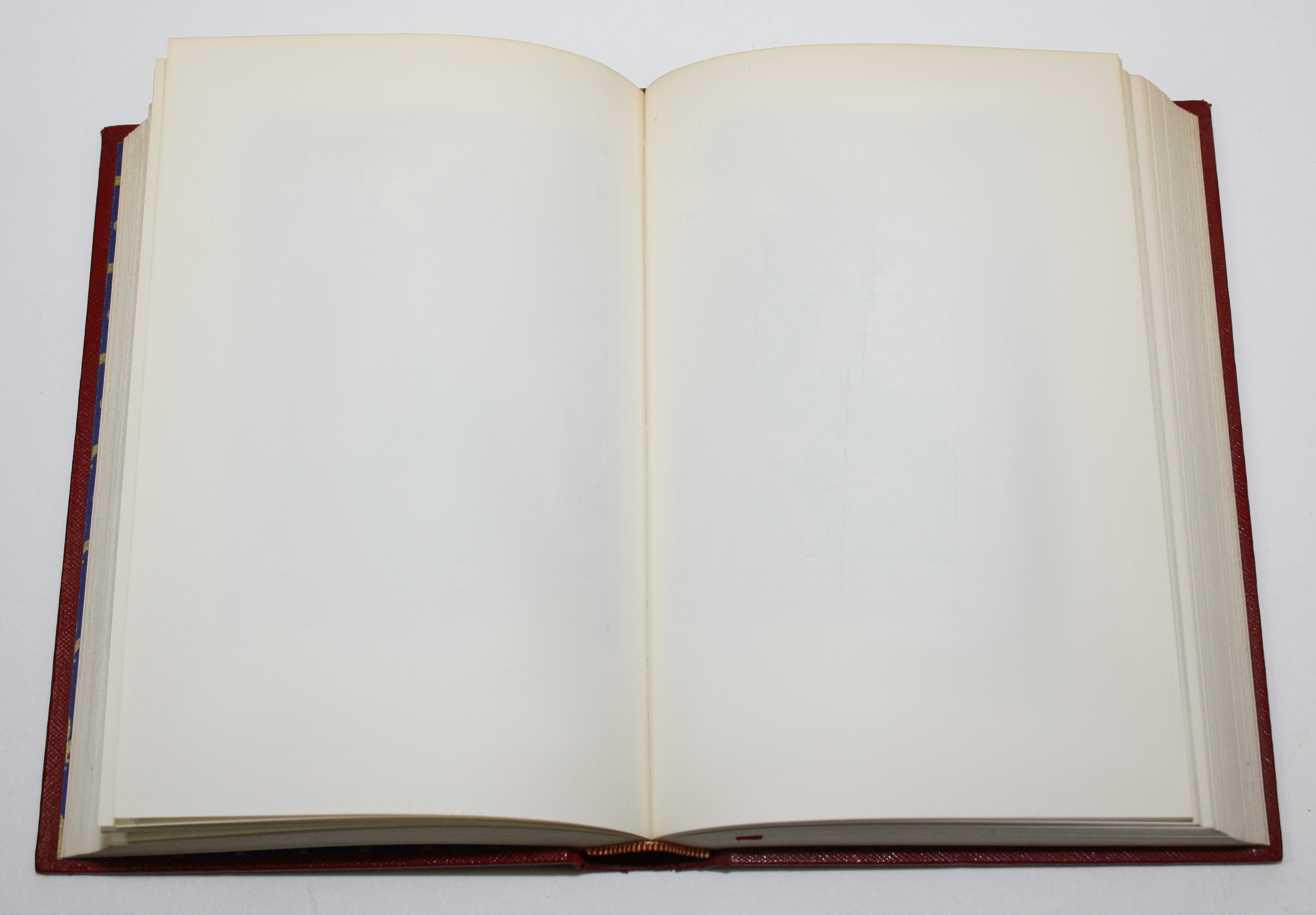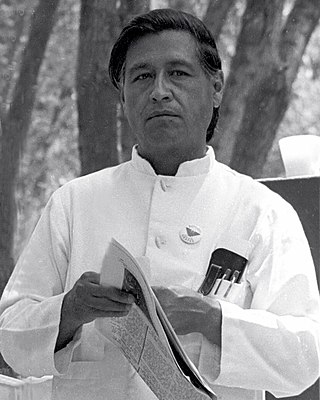So I talked a little about what I found in the archives as my research topic, and some new discoveries I made along the way about the research process, but I never really explained the full outline of what my topic was about. I thought I would use this post here to explained that a bit.
The artifact I found in the SCU archives and decide to write about was a press release from SCU on April 6, 1967. It announces the debut of a brand new program on campus, called the “Center of Contemporary Studies,” or CSCV. It said that the center will promote discussion around the most relevant topics at the time through guest speakers, symposiums and classroom engagement.

Cutting the red ribbon is always exciting, isn’t it? (Source)
So why was this interesting to me?
1) I was first intrigued by what “contemporary values” meant. What could have been contemporary at 1967? What were they discussing in school? When I read the whole news report, it became obvious that much of what was going to be discussed as “contemporary” values revolved around the role of religion in SCU’s education. Was this what SCU was concerned most about this time? So I wondered, What was the role of religion in the 60s compared to SCU now? How does this center represent the “values” the university possessed?
2) I found this document in a box with other artifacts about small programs which don’t exist on campus today. One of them was even a folder containing news articles about a academic wrongdoing scandal that SCU was involved in. I was curious so I looked for any information about the center online, but I found nothing at all. SCU has no public information about the history of CSCV, and I found this lack of material weird. So I thought to myself, Why is there no information left? Why is it placed in the archives hidden, what are the implications of this situation?

Why is there no information? Sometimes the lack of info is more interesting then it being right in front of you… (Source)
These questions had to be answered! But were they? Until next time…







